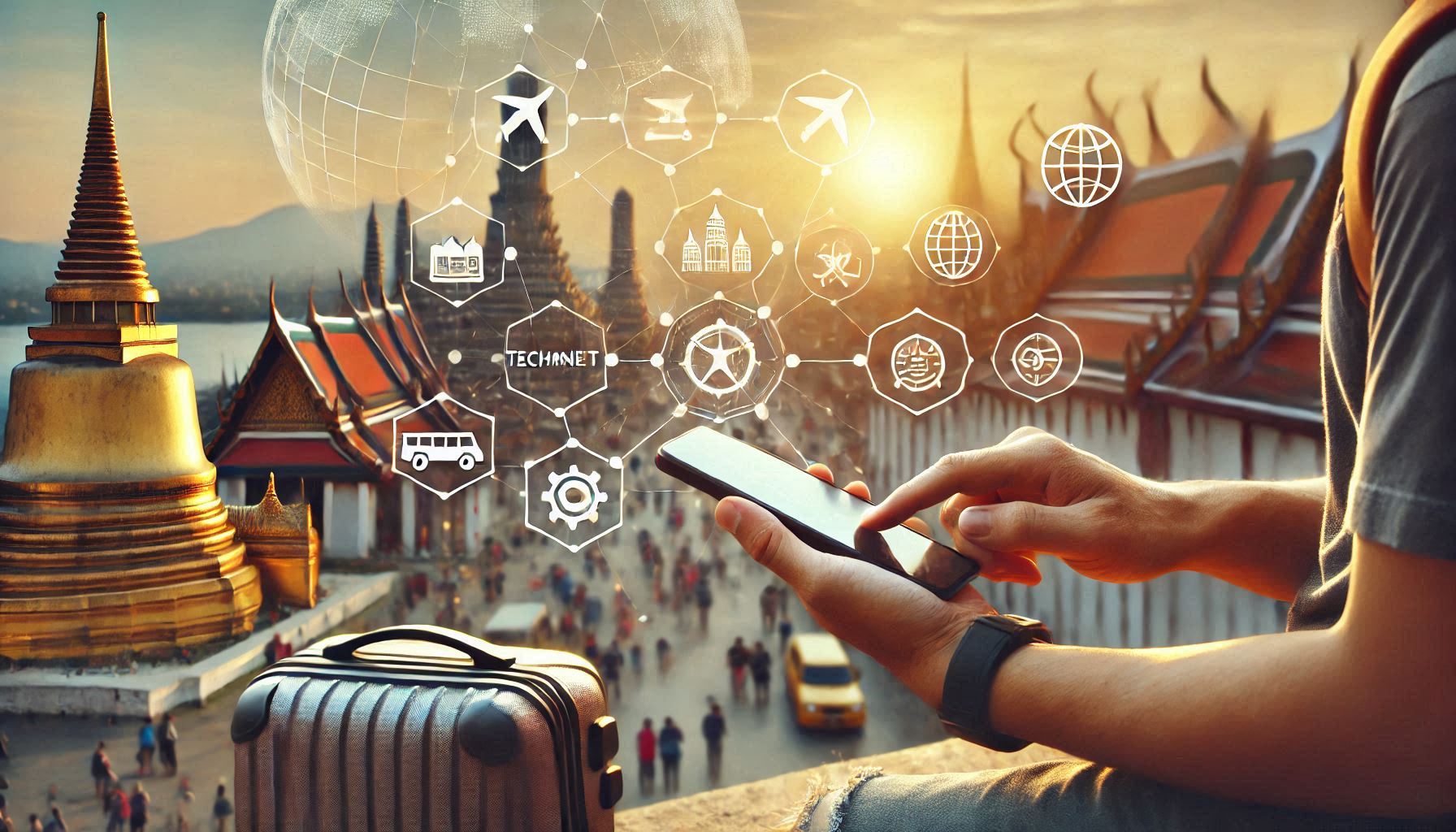Introduction
Technology has transformed the tourism industry, offering personalized, efficient, and sustainable experiences. This article explores technology’s impact on the sector.
Technological Trends
- Artificial Intelligence (AI): Personalized services and recommendations.
- Augmented Reality (AR) and Virtual Reality (VR): Immersive experiences.
- Internet of Things (IoT): Efficient infrastructure management.
- Digital Payments: Secure, rapid transactions.
Applications and Platforms
- Online Booking: Streamlined hotel and flight reservations.
- Travel Guides: Detailed destination information apps.
- Experience Sharing: Social networks for travelers.
- Delivery Services: Local food and product delivery.
Industry Impact
- Enhanced Customer Experience: Personalized services.
- Increased Efficiency: Automated processes.
- Sustainability: Reduced paper and energy consumption.
- Access to New Markets: Global expansion.
Challenges and Opportunities
- Cybersecurity: Data protection.
- Integration with Existing Technologies: System harmonization.
- Education and Training: Professional development.
- Continuous Innovation: Disruptive solution development.
Success Stories
- Airbnb: Shared accommodation platform.
- Uber: Shared transportation services.
- (link unavailable): Online hotel reservations.
- TripAdvisor: Destination reviews and recommendations.
Conclusion
Technology is vital for tourism’s future. Investing in innovations ensures memorable experiences, operational efficiency, and sustainability.
References:
- World Tourism Organization (UNWTO). (2020). Technology and Tourism.
- Gartner. (2022). Tourism Technology Trends.
- Forbes. (2022). Innovations Revolutionizing Tourism.
